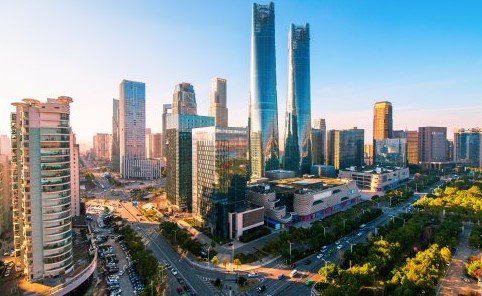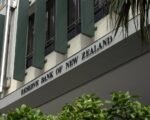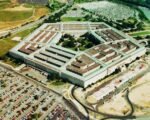Israeli startups pulled in just under $1 billion in funding last month, marking a noticeable drop from last year’s May haul but signaling a clear shift in investor focus toward AI, quantum computing, and defense tech.
Funding for May 2025 totaled approximately $950 million across 18 deals, down more than 30% compared to the $1.4 billion raised in May 2024. Despite the dip, some headline-grabbing rounds and strategic sector moves suggest Israel’s tech scene is far from slowing down.
AI and Quantum Computing Lead the Pack in Investment Buzz
May’s top funding story? AI21 Labs snagging a hefty $300 million Series D round. That single deal alone accounted for almost a third of the total funding raised last month. Right behind it was quantum computing startup Classiq, which closed a $110 million round.
These two deals tell you a lot about where the money is flowing—and why. AI and quantum computing continue to dominate the headlines and investor attention. Even as overall funding shrinks, capital is clustering around what investors see as the next big leaps in tech.
Look at the bigger picture: Israeli high-tech companies raised a massive $6.9 billion in 2023 across nearly 400 deals. Deep tech and generative AI were the engines behind much of that growth. Foreign investors are especially pumped about Israeli deep tech firms, upping their stakes even when local investors hit pause.
Tech giants like Google and Nvidia backing AI21 Labs only underline how seriously global heavyweights take these Israeli innovators. It’s like watching a high-stakes chess game where Israel’s startups are carving out powerful positions on the global AI board.

Defense Technology: More Than Just a Security Measure
But it’s not all AI and quantum wizardry. Defense tech is quietly becoming a major player in Israel’s funding game. Startups like Kela raised $60 million, and Line 5 grabbed $20 million in what’s already the largest defense tech seed round of the year.
Why? The regional security environment, plain and simple. Investors aren’t just chasing shiny new tech; they’re placing bets on companies developing AI-driven battlefield systems and cybersecurity solutions that could redefine modern defense.
And the talent shift says it all. Guardicore’s founders, Pavel Gurvich and Ariel Zeitlin, left Akamai to launch a cyber-AI startup that pulled in $32 million right out of the gate. It’s clear that industry insiders are jumping ship to push the envelope in defense tech innovation.
A Closer Look at May’s Funding Breakdown
While big rounds grabbed the spotlight, there were plenty of smaller deals in May, too, spanning sectors like fintech, cybersecurity, and defense technology. Most ranged between $5 million and $32 million—money that, while not headline-grabbing, is crucial for the ecosystem’s health.
Here’s a quick table summarizing key funding rounds in May 2025:
| Company | Sector | Funding Amount (USD) | Notes |
|---|---|---|---|
| AI21 Labs | AI | $300 million | Series D, backed by Google & Nvidia |
| Classiq | Quantum Computing | $110 million | Series C |
| Kela | Defense Tech | $60 million | AI-integrated battlefield OS |
| Guardicore’s Startup | Cyber-AI | $32 million | Seed funding |
| Line 5 | Defense Tech | $20 million | Largest defense seed deal |
This spread shows the diversity of investment flowing into Israeli tech, even during a tougher funding climate.
What This Means for Israel’s Tech Future
So, where does this leave the Israeli startup ecosystem? On one hand, total funding is down, which some might see as a warning sign. But if you look deeper, the focus on frontier tech and defense startups shows the country is positioning itself strategically, not just chasing volume.
Investors seem to be more selective, throwing big bucks at what they believe will yield long-term impact. Israel’s tech scene is becoming less about quantity and more about quality and strategic relevance.
What’s certain is that Israeli startups remain a hotbed for innovation, especially where AI, quantum computing, and defense meet. It’s a potent mix—something that’s keeping the global spotlight on the region.








